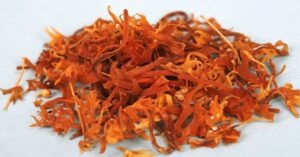The Best Fluffy Pancakes recipe you will fall in love with. Full of tips and tricks to help you make the best pancakes.
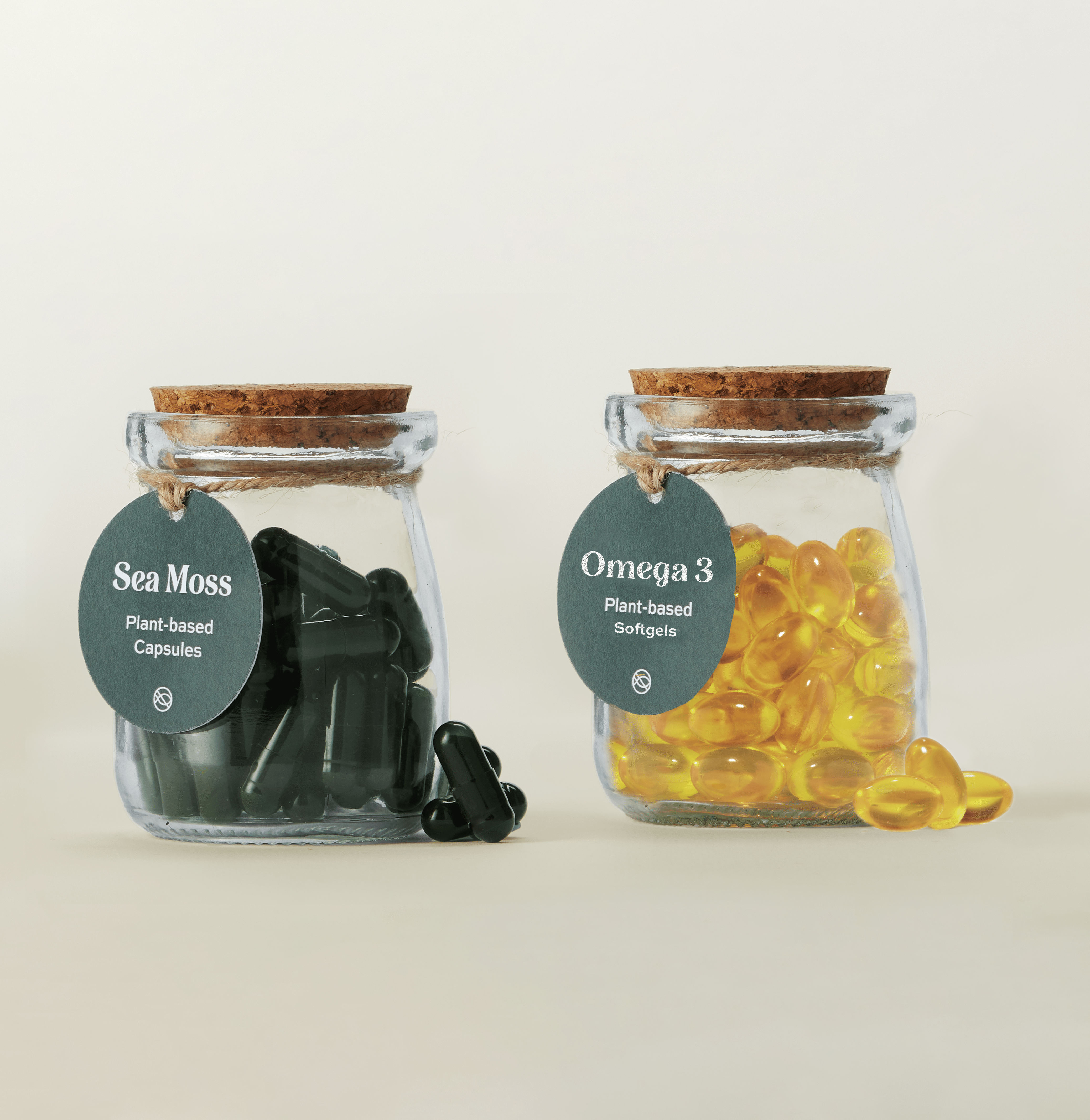
Are you curious about the potential benefits of combining sea moss and fish oil? Many people are turning to these natural supplements to support their overall health and well-being. While each of these substances offers its own unique advantages, you may be wondering if it is safe and effective to take them together. In this article, we will explore the compatibility of sea moss and fish oil, providing you with insights to make an informed decision about incorporating both into your daily routine. So, let’s dive in and uncover the potential synergies between sea moss and fish oil!
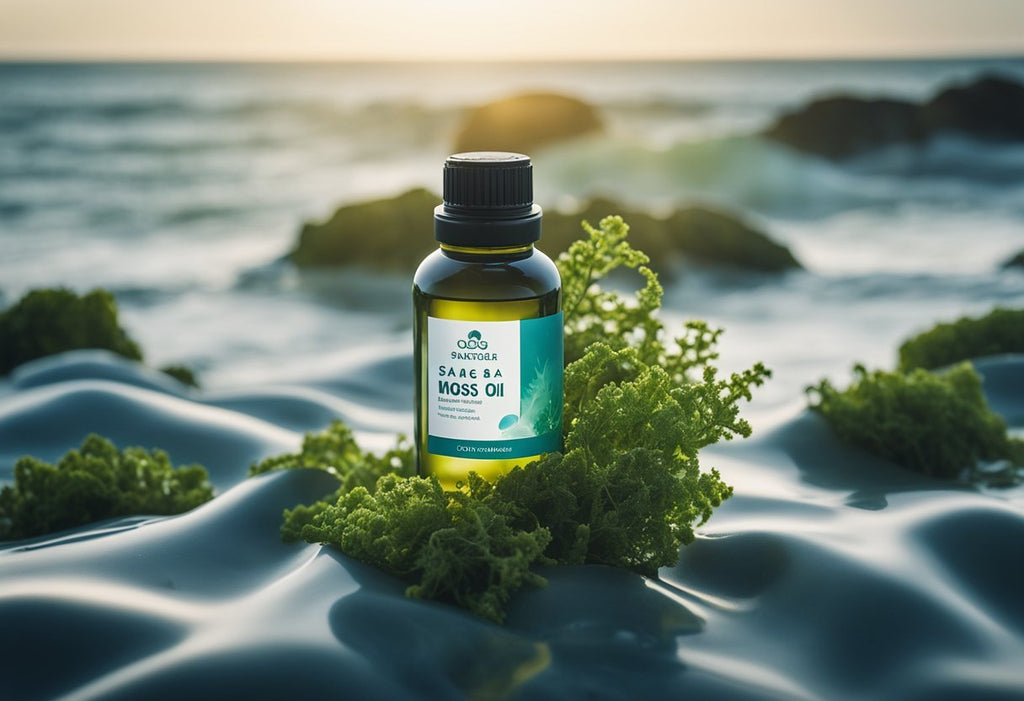
What is Sea Moss?
Sea moss, also known as Irish moss or carrageen moss, is a type of seaweed that grows on rocky coastlines in the North Atlantic region. It is rich in minerals, vitamins, and antioxidants, making it a popular ingredient in various cuisines and health products. Sea moss is often consumed in gel or powder form, and it has a mild, nutty flavor that blends well in smoothies, soups, and desserts.
Sea moss is characterized by its high content of iodine, magnesium, calcium, and potassium, as well as vitamins A, C, E, and K. It also contains carrageenan, a natural thickening agent that has been used in food and pharmaceutical industries for centuries.
What is Fish Oil?
Fish oil is derived from the tissues of oily fish, such as salmon, mackerel, and sardines. It is a potent source of omega-3 fatty acids, including eicosapentaenoic acid (EPA) and docosahexaenoic acid (DHA), which are essential for the proper functioning of the body.
Fish oil is available in the form of capsules, liquid, or as an ingredient in various food products. It is widely recognized for its numerous health benefits, especially in promoting heart health and reducing inflammation.
Potential Benefits of Sea Moss
Rich in essential nutrients
Sea moss is a nutritional powerhouse, containing a wide range of essential nutrients required for optimal health. It is particularly high in minerals like iodine, which is essential for proper thyroid function, magnesium for bone health, and potassium for maintaining electrolyte balance. Sea moss also contains vitamins A, C, E, and K, as well as amino acids and antioxidants that support overall well-being.
Supports digestive health
Due to its high fiber content, sea moss can support healthy digestion. Fiber helps regulate bowel movements, preventing constipation and promoting a healthy digestive system. Additionally, sea moss contains carrageenan, a type of soluble fiber known for its prebiotic properties. Prebiotics nourish beneficial gut bacteria, promoting a healthy gut microbiome and enhancing digestive function.
Boosts the immune system
Sea moss is believed to have immune-boosting properties due to its nutrient-rich composition. It contains a variety of vitamins and antioxidants that contribute to a strong immune system, helping the body fight off infections and diseases. Additionally, the presence of iodine in sea moss supports thyroid function, which plays a crucial role in immune function.
Potential Benefits of Fish Oil
Source of omega-3 fatty acids
One of the main benefits of fish oil is its high content of omega-3 fatty acids, particularly EPA and DHA. These fatty acids are crucial for brain health, as they contribute to the proper functioning of nerve cells and support cognitive function. Omega-3 fatty acids are also known for their anti-inflammatory properties, making fish oil an effective supplement for reducing inflammation in the body.
Promotes heart health
Fish oil has long been recognized for its positive effects on heart health. Omega-3 fatty acids in fish oil can help lower triglyceride levels, reduce blood pressure, and prevent the formation of blood clots. These benefits can contribute to a lower risk of heart disease and improve overall cardiovascular health.
May reduce inflammation
Inflammation is a natural immune response, but chronic inflammation can lead to various health problems. Fish oil’s omega-3 fatty acids have been found to have anti-inflammatory effects in the body, potentially reducing inflammation and alleviating symptoms of inflammatory conditions such as rheumatoid arthritis.
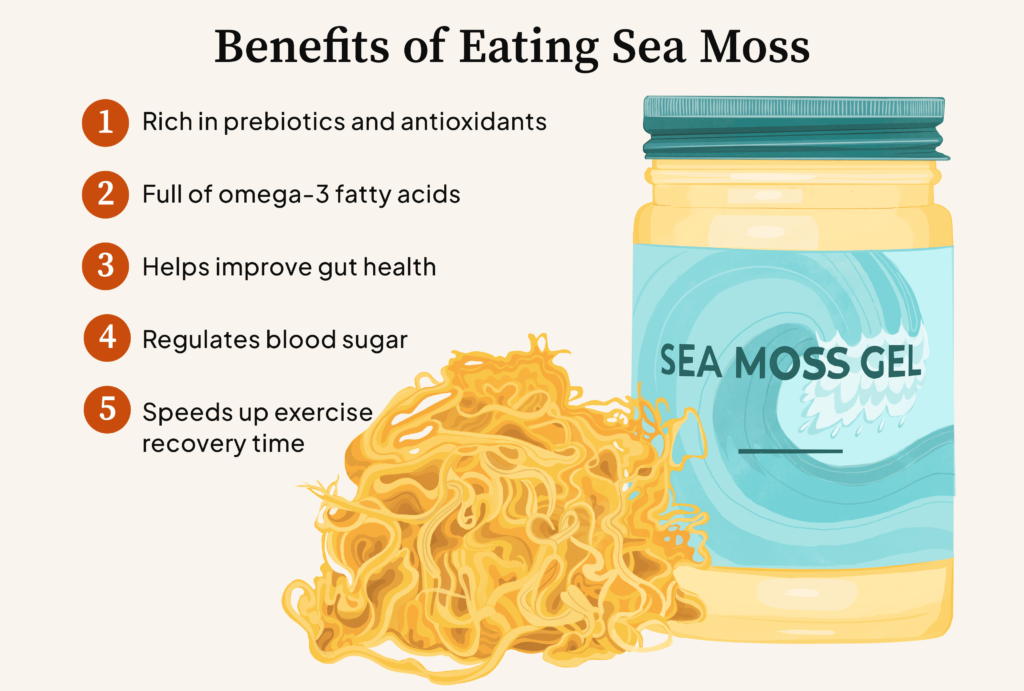
Possible Interactions
Sea moss and fish oil interactions
While there are no known interactions between sea moss and fish oil, it’s always essential to consult with a healthcare professional before combining any supplements or making significant changes to your diet. They can provide personalized advice based on your specific health needs and any medication you may be taking.
Concerns about increased bleeding
Both sea moss and fish oil have blood-thinning properties, which may increase the risk of bleeding. If you have a bleeding disorder, are taking blood-thinning medications, or are about to undergo surgery, it is crucial to notify your healthcare provider and discuss the potential risks and benefits of consuming sea moss and fish oil.
Possible digestive discomfort
In some individuals, sea moss and fish oil consumption can cause digestive discomfort, such as diarrhea or an upset stomach. If you experience any digestive issues after taking these supplements, it is advisable to discontinue use and consult with a healthcare professional for further guidance.
Taking Sea Moss and Fish Oil Together
Consulting with a healthcare professional
To ensure the safe and appropriate use of sea moss and fish oil, it is best to consult with a healthcare professional, such as a doctor or registered dietitian. They can assess your individual health needs, potential interactions or risks, and provide guidance on the suitable dosage and duration of use.
Considering individual needs and health conditions
Everyone’s body and health conditions are unique, so it is essential to consider your individual needs when deciding to take sea moss and fish oil together. Discuss any pre-existing medical conditions, allergies, or dietary restrictions with your healthcare provider to ensure that sea moss and fish oil are suitable for you.
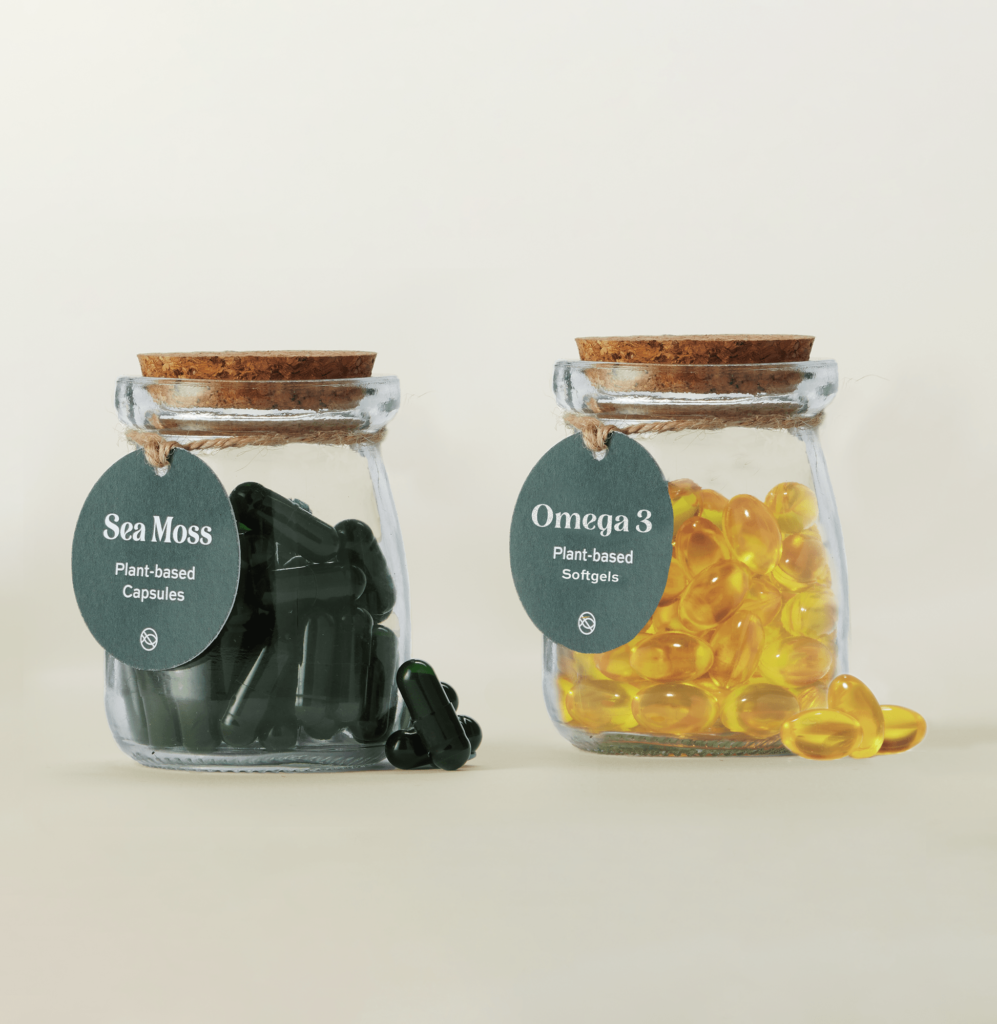
Guidelines for Combining Sea Moss and Fish Oil
Start with small doses
When combining sea moss and fish oil, it is recommended to start with small doses and gradually increase as tolerated. This allows your body to adjust and reduces the risk of potential side effects. Following the recommended dosage instructions on the supplement packaging is crucial for safe and effective use.
Observe any adverse reactions
Monitor your body’s response when taking sea moss and fish oil together. Pay attention to any adverse reactions, such as allergic symptoms, digestive issues, or changes in overall well-being. If you experience any concerning symptoms, discontinue use and consult with a healthcare professional.
Monitor changes in health status
Regularly assess your health status while taking sea moss and fish oil. Keep track of any improvements or changes in symptoms, energy levels, or overall well-being. If you notice any concerning changes, it is important to consult with your healthcare provider for further evaluation and guidance.
Best Practices for Sea Moss and Fish Oil Consumption
Choosing high-quality sea moss and fish oil supplements
To maximize the potential benefits and minimize the risks, it is crucial to choose high-quality sea moss and fish oil supplements. Look for reputable brands that adhere to strict quality control standards and third-party testing to ensure purity and potency. Consider consulting with a healthcare professional or a registered dietitian to help you select suitable supplements.
Following recommended dosage instructions
Always follow the recommended dosage instructions provided on the supplement packaging or as advised by your healthcare professional. Taking more than the recommended dose does not necessarily lead to greater benefits and may increase the risk of adverse effects. Adhering to the recommended dosage ensures safe and effective use of sea moss and fish oil supplements.
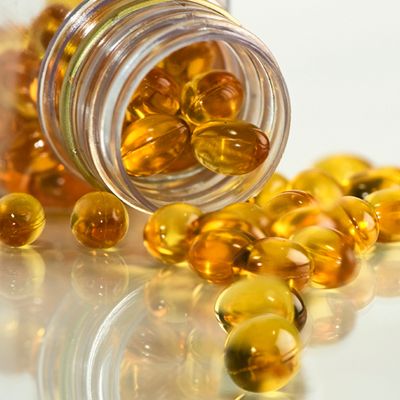
Conclusion
When it comes to taking sea moss and fish oil together, it is essential to consider individual preferences and potential benefits and risks. Sea moss offers a wide range of essential nutrients and may support digestive health and boost the immune system, while fish oil is a valuable source of omega-3 fatty acids and promotes heart health. However, it is crucial to consult with a healthcare professional, start with small doses, and monitor your body’s response when combining these supplements. By following these guidelines and best practices, you can make informed decisions about incorporating sea moss and fish oil into your daily routine to support overall health and well-being.



